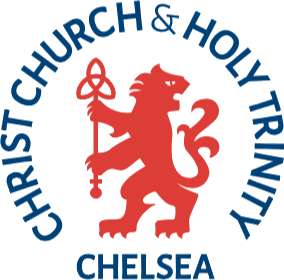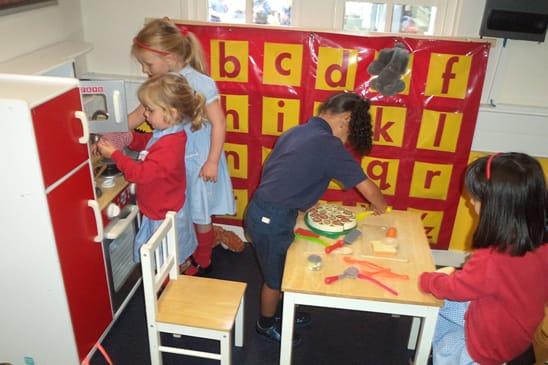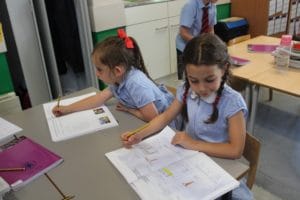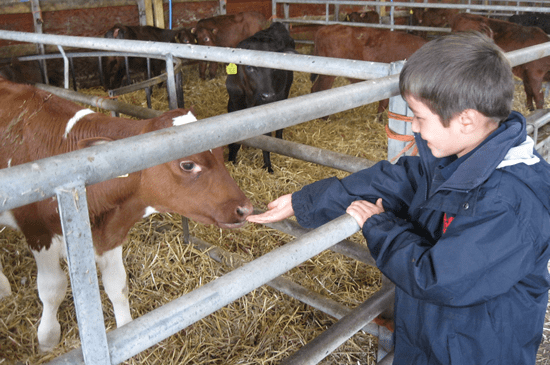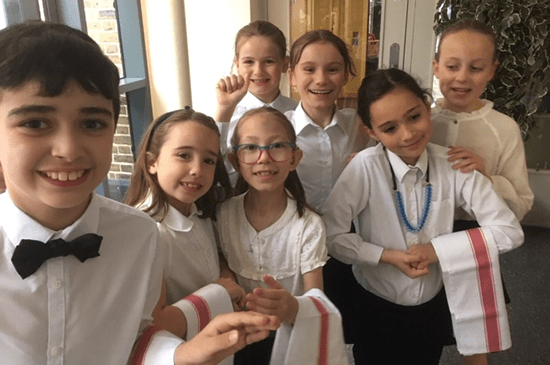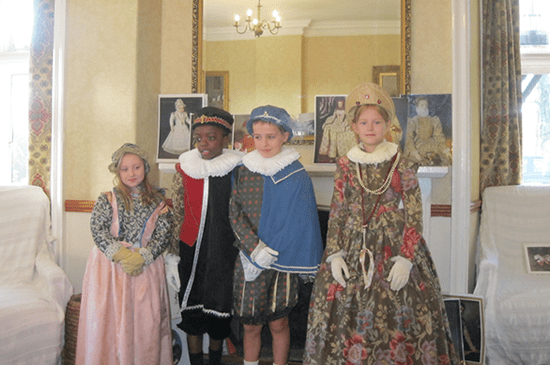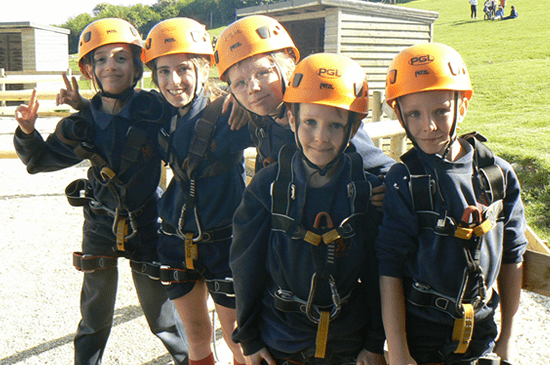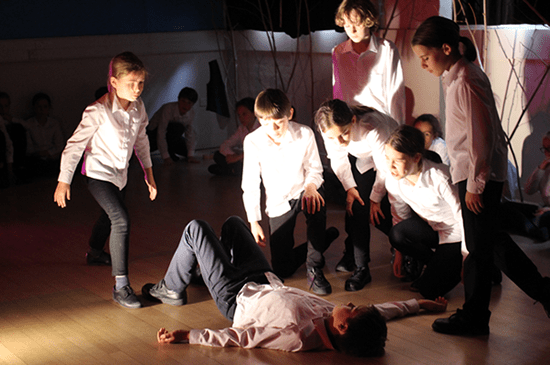Intent
We have high expectations for our children and take individual children’s progress in learning in the broadest sense very seriously.
We believe that if children are to reach their full potential they must see themselves as learners and be confident in their own abilities and clear about where they need to go next in their own learning journey.
Each class is made up of 30 individuals who all see and experience the world around them in different ways. Our children vary enormously in their life experiences and aptitudes and this makes a Christ Church & Holy Trinity classroom a vibrant and stimulating place to be.
We teach children in ways that build on previous learning and help them to make links with what they already know. We aim to make our classrooms very safe places where children can feel confident to make mistakes and understand making mistakes leads to real learning.
We believe that children learn best from real experiences and so wherever possible children’s written and mathematical work is based on practical experiences that they have had either at school or sometimes at home. We are situated in the heart of London, which affords us fantastic opportunities culturally, artistically and academically to learn. Teachers plan and use the resource of the city around us to maximum effect for the whole range of the curriculum areas. Children are regularly out exploring their environment in small groups and whole classes.
We see parents as the primary educators and therefore use their talents, interests, ideas and expertise to contribute to the children’s learning wherever possible. Working in partnership with parents is a key contributing factor in the achievement of our children.
Implementation:
At Christ Church & Holy Trinity schools we follow the Early Years Foundation Stage in Reception Class and the National Curriculum for Years One to Six. These Curriculums give us the benchmarks for skills and knowledge attainment for our children.
Using these we plan an exciting and stimulating curriculum. It is vital to us that the children learn through topics and themes that are of interest to our children and that lead to a broad and balanced knowledge base.
Our curriculum is designed so that our teaching models successful learning, through the use of key questions and by embedding the Characteristics of Effective Learning and Growth Mindset.
The curriculum that our children experience and learn through is the result of extensive work carried out by subject leads. They look at how new learning builds upon previous knowledge acquired in previous year groups. This is also supported by the use of high quality, inspiring texts.
All subjects that are taught are planned for with the big picture in mind – we often talk about what we want our children to achieve in the seven years they are with us. All classes have a curriculum map that is shared with all staff and parents so that they can support the teaching and learning experiences the children will have at home.
Long term curriculum maps are broken down into medium term plans by subject leaders and links between different areas of learning are further explored so that the learning experience for our children is as relevant and cohesive as possible.
We aim to challenge children as much as possible in lessons and although there is a place for consolidation the focus in class lessons is on children building on prior knowledge and skills.
When teaching, teachers share long term learning goals with children and then short term learning objectives for that lesson are shared as steps towards the long term goals. Success criteria are key in this learning process so that children are really clear about what it is they need to do to be successful in that lesson.
Class timetables plan out the coverage of the curriculum and different amounts of time being dedicated to different curriculum areas. Subjects are taught as distinct lessons but links are made with other curriculum areas. Cross curricular links are regularly made between other subjects.
Teachers set high expectations for all pupils. They will use appropriate assessment to set ambitious targets and plan challenging work for all groups, including:
- More able pupils
- Pupils with low prior attainment
- Pupils from disadvantaged backgrounds
- Pupils with SEN
- Pupils with English as an additional language (EAL)
Impact:
Our curriculum is high quality, well thought out and is planned to demonstrate progression.
The children make progress by knowing more, remembering more and being able to do more. They need to transfer and embed key concepts into their long-term memory and apply them fluently.
We measure the impact of our curriculum in the following ways:
- Assessing children’s understanding of topic linked vocabulary before and after new learning
- Formative assessment of pupils discussions about their learning
- Images & videos of the children’s practical learning
- Interviewing the children about their learning (pupil voice)
- Moderation staff meetings within school and across schools in the same LA
- Work scrutiny with SLT and year group partners
- Reporting of standards to the Governors at termly achievement committees
- Marking of written work
- Summative assessments in the core subjects on a termly basis




